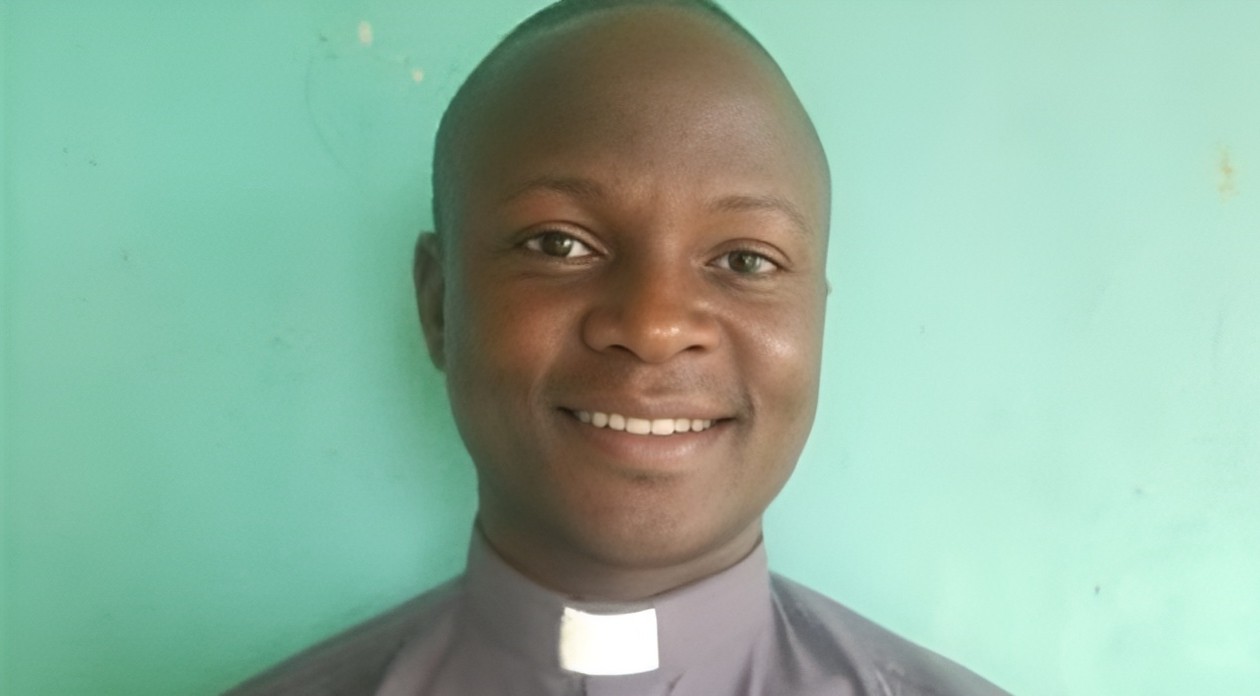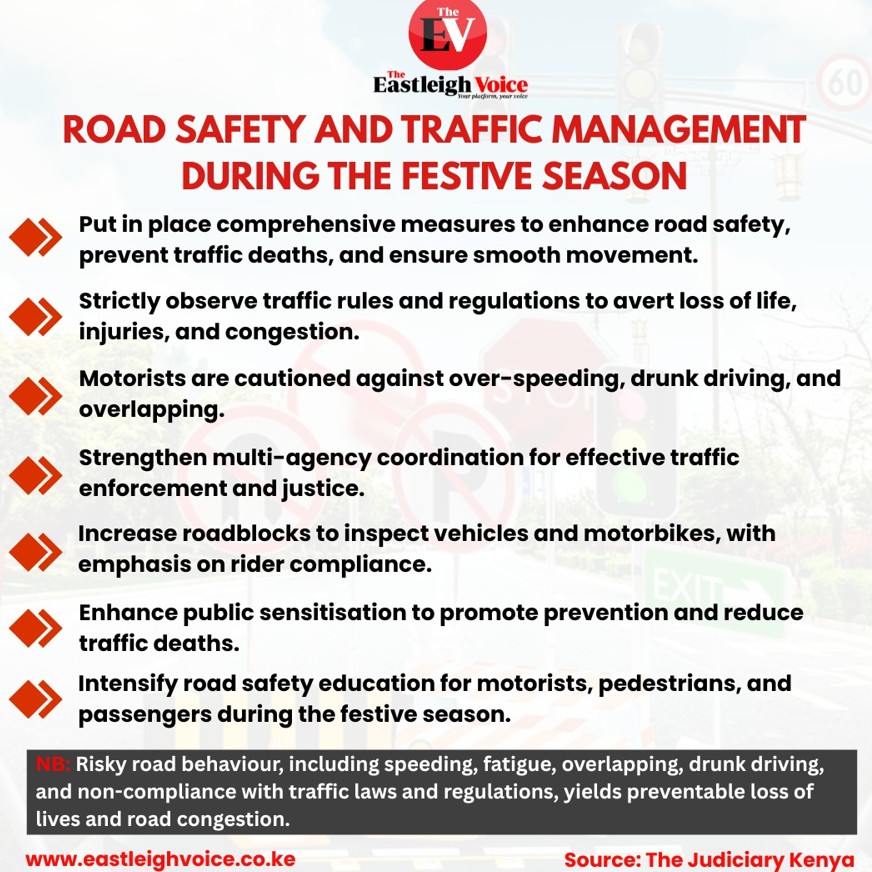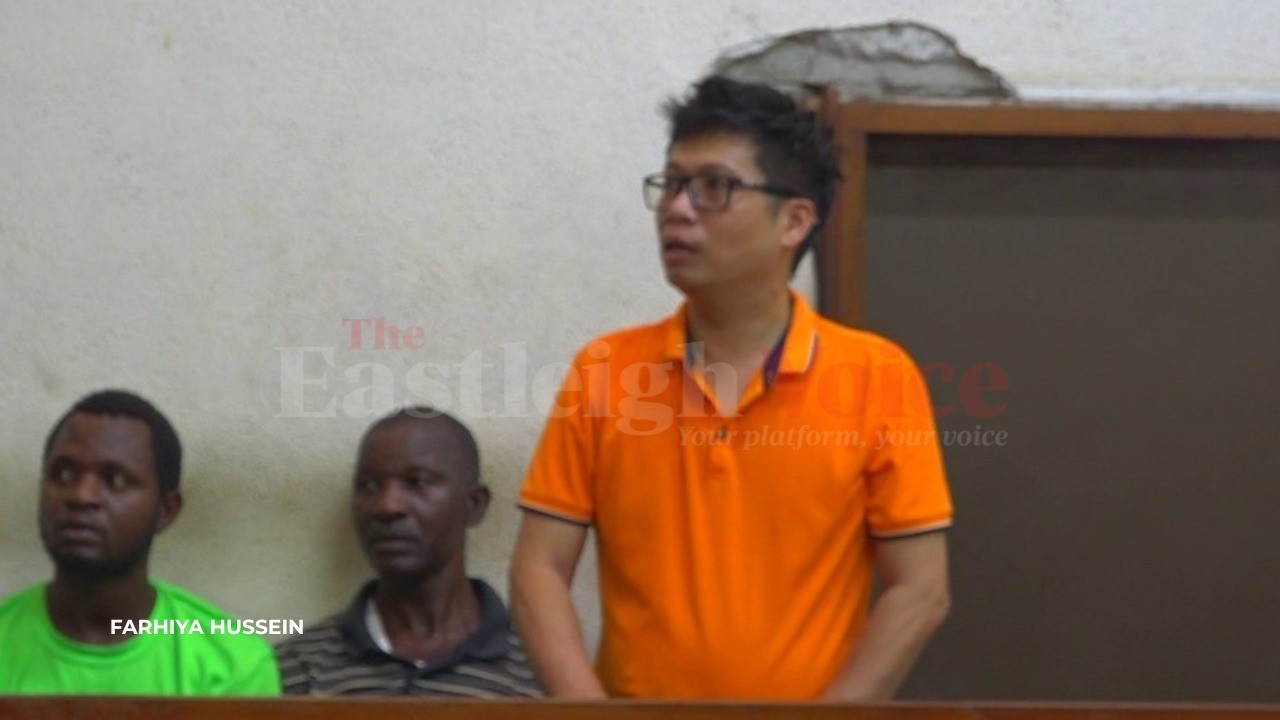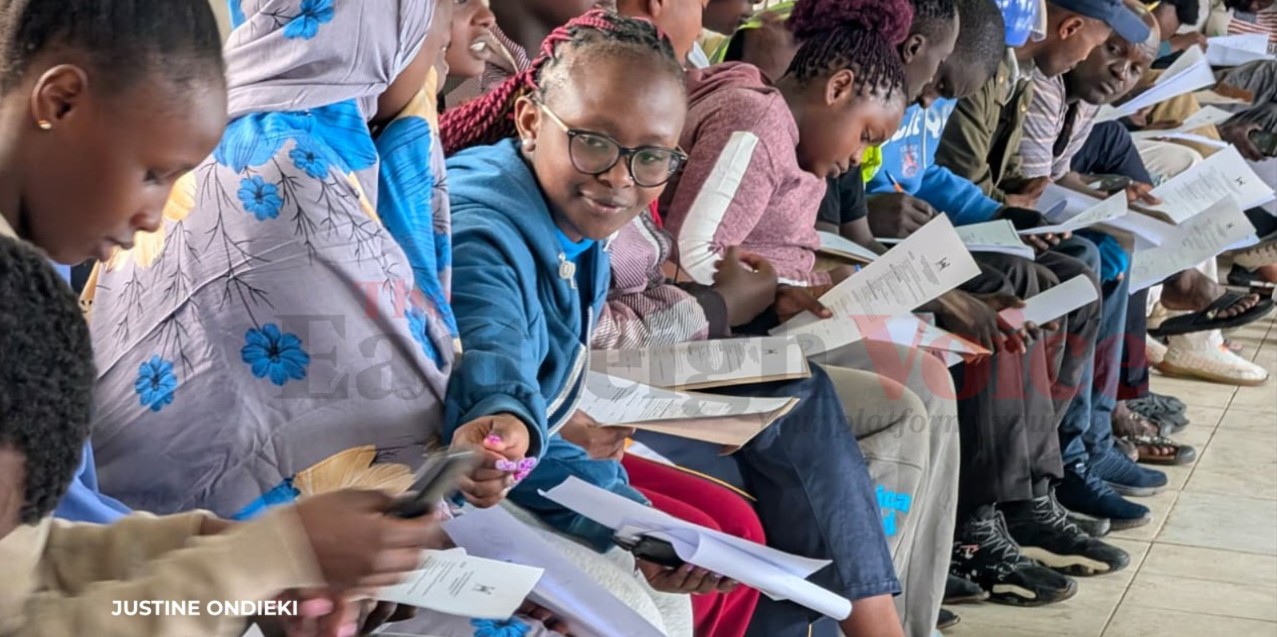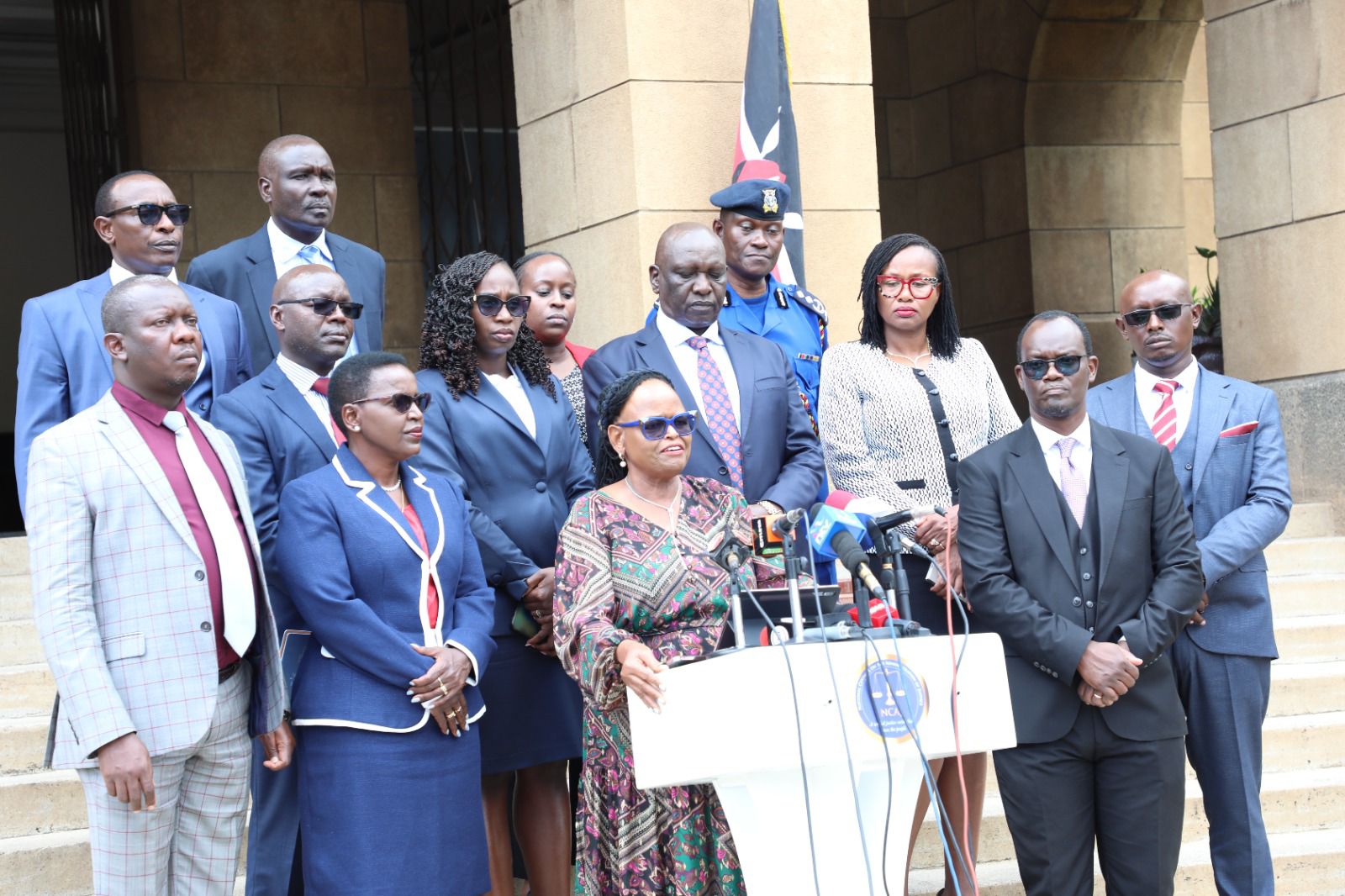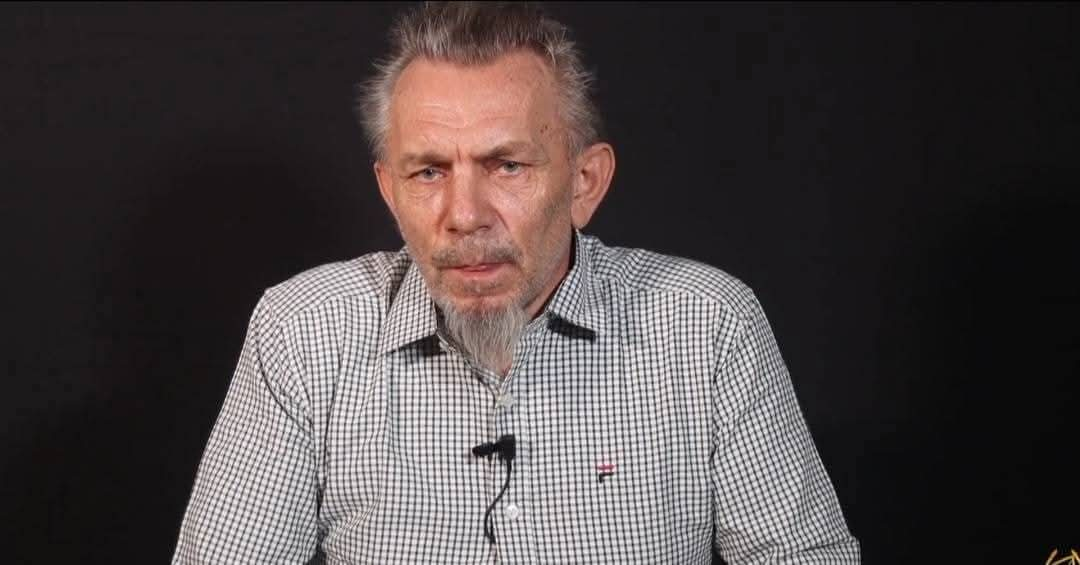From Dar to Lilongwe: How Tanzania’s post-election chaos threatens regional economies
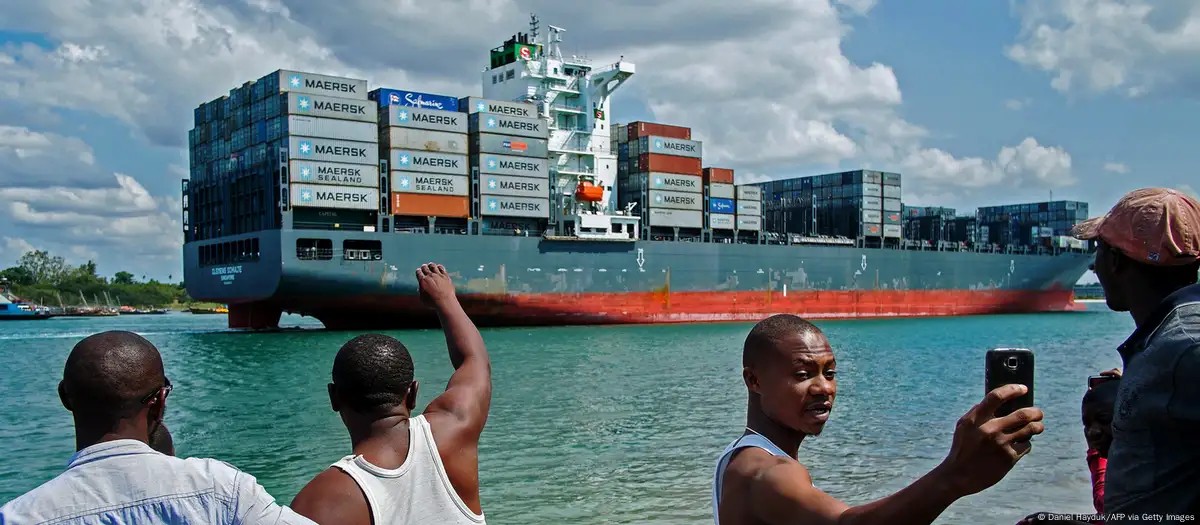
The aftermath of Tanzania’s disputed polls has spilled across its borders, crippling transport corridors and leaving landlocked nations counting heavy economic losses amid fuel shortages, inflation fears, and shaken investor confidence.
The closure of Tanzania’s Dar es Salaam port amid election unrest has dealt a major blow to Malawi, leaving inbound trucks stranded for days.
Tensions along the Malawi–Tanzania border at Songwe and Kasumulu also escalated as protesters clashed with police around the October 29 elections. In Songwe, mobs vandalised government buildings, torched customs offices, and disrupted communication networks — effectively halting cross-border trade. The Transporters Association of Malawi said the violence had “paralysed the cargo sector.”
More To Read
- President Samia turns to the UN as Tanzania faces global pressure after deadly post-election violence
- Tanzania’s CHADEMA party accuses prison authorities of alleged abuse of detainees
- Tanzania’s internet blackout challenged at East African Court of Justice
- Tanzania mourns as CCM MP Jenista Mhagama dies amid post-election tensions
- Canada reviews Tanzania partnership after deadly post-election crackdown
- Tanzania police issue fresh warning against nationwide demonstrations
“Pumps are dry here. You can hardly get fuel in Lilongwe and Salima,” eyewitness Sydney Chaima told DW from Malawi’s capital.
Experts are now warning that Tanzania’s ongoing political instability could have far-reaching economic consequences across the region.
“We could see a rise in inflation and diminished growth. Farmers are going to be the worst affected. We are at a key moment when fertilisers are needed,” said Christopher Mbukwa, an economist and lecturer at Mzuzu University in Malawi.
 Anti-riot police during the protests in Tanzania. (Photo: Handout)
Anti-riot police during the protests in Tanzania. (Photo: Handout)
Landlocked countries
Landlocked nations in southern Africa — including Malawi, Zambia, and Zimbabwe — depend heavily on Tanzania’s ports for imports such as fuel, medicines, agricultural inputs, vehicles, and textiles.
Tanzania, a member of the 16-nation Southern African Development Community (SADC), is also a key link on the North-South Corridor, one of Africa’s most vital trade and transport networks. The corridor connects SADC countries to Africa’s Great Lakes region, carrying over 60 per cent of the bloc’s total trade.
Earlier this year, SADC members — among them Botswana, the Democratic Republic of Congo, Malawi, Mozambique, South Africa, Zambia, and Zimbabwe — endorsed a plan to develop a “smart corridor” projected to unlock $16.1 billion in GDP and create 1.6 million jobs.
Crucial for Zimbabwe
Tanzania’s ports are especially crucial for Zimbabwe, handling about 15,000 vehicle imports annually.
“The internet blackout in Tanzania was a big problem,” said Trice Chisamba, a Zimbabwean car importer. “We couldn’t communicate with the clearing agents. Some of our vehicles were released and parked outside the port; we feared they could be destroyed in the violence.”
Analysts warn that importers may need to consider alternative, though costlier, routes through Mozambique or South Africa. “Players in various industries must act fast to find alternative ports,” Mbukwa advised.
 The unrest in Tanzania, which erupted across major cities and border towns, has disrupted trade routes, triggered fuel shortages in neighbouring countries, and raised regional concerns over stability and governance. (Photo: DW)
The unrest in Tanzania, which erupted across major cities and border towns, has disrupted trade routes, triggered fuel shortages in neighbouring countries, and raised regional concerns over stability and governance. (Photo: DW)
Other Topics To Read
- Tanzania
- Tanzania
- SADC
- Tanzania election unrest
- Dar es Salaam port closure
- Malawi fuel shortage
- SADC trade disruption
- East Africa border crisis
- Southern Africa economy
- Samia Suluhu legitimacy
- post-election violence Tanzania
- North-South Corridor trade
- From Dar to Lilongwe: How Tanzania’s post-election chaos threatens regional economies
- Headlines
Failed to meet democratic standards
Meanwhile, SADC’s election observer mission has condemned Tanzania’s disputed polls, saying they failed to meet democratic standards. In its preliminary report, the mission cited ballot stuffing, limits on opposition activity, and restrictions that prevented many voters from freely expressing their will.
“Overall, the 2025 general election in the United Republic of Tanzania fell short of the SADC Principles and Guidelines Governing Democratic Elections,” the observers said.
The statement has sparked questions about President Samia Suluhu Hassan’s legitimacy following SADC’s rare public criticism.
Shared sentiment
“SADC is simply saying there was no election in Tanzania, which is a shared sentiment among Tanzanians,” said human rights lawyer Tito Mugoti in Dar es Salaam.
“The government she forms is illegitimate. Parliament is illegitimate. The people's interests will not be represented,” he added.
Samia was sworn in on November 3 at a ceremony closed to the public. Only two regional leaders attended — Presidents Hakainde Hichilema of Zambia and Daniel Chapo of Mozambique.
Hichilema’s attendance drew criticism back home, with some Zambians arguing it signalled approval of a flawed election.
“The political stance we're pushing for Zambia's presence in Tanzania is the same Kamuzu Banda had in the 1960s, putting trade before freedom,” political activist Joseph Kalimbwe wrote on X.
Zimbabwe’s President Emmerson Mnangagwa sent Vice President Constantino Chiwenga in his place.
“What has happened in Tanzania is quite disturbing and something that has got to be avoided at all costs,” Chiwenga said on state television. “I believe Tanzania has come of age and is the mother of all liberation movements. I'm convinced they will iron out their differences and move forward.”
The South African government has yet to comment.
President Cyril Ramaphosa was recently appointed interim chairperson of SADC — following turmoil within the bloc itself after Madagascar’s president, Andry Rajoelina, was ousted in a coup just weeks before Tanzania’s contested election.
Top Stories Today


